A carbohydrate-loading protocol for a competition should specifically aim to maximize muscle glycogen stores so that you start the competition day with full energy reserves. The optimal period is in the last 3-6 days before the race, depending on your nutrition strategy and training plan. We provide easy-to-use tips for your optimal carbohydrate-loading strategy.
Sample protocol for the race week
Monday to Wednesday: Emptying phase (optional)
- Carbohydrates: maximum 50 g per day (low-carb)
- Focus: Protein- and fat-rich diet to secure energy supply
- Goal: To deplete glycogen stores in order to be able to replenish them more effectively afterwards (supercompensation effect)
- Training: moderate session (easy cycling/running at low intensity)
- Example meals: Omelet with vegetables, chicken with avocado, salmon with broccoli
Thursday to Saturday: Loading phase (Carbo Loading)
- Carbohydrates: 8–12 g/kg body weight per day (e.g. for 70 kg: 560–840 g)
- Fat and fiber: reduce to make digestion easier
- Fluid: 30–40 ml/kg body weight per day
- Electrolytes: plenty of potassium and sodium (e.g. potatoes, electrolyte drinks)
- Training: only light activation sessions
Suitable meals:
- Breakfast: White bread with honey, banana, fruit juice
- Lunch: Pasta with light tomato sauce or rice with chicken
- Snack: Rice cakes, energy bars, gummy bears
- Dinner: Mashed potatoes with lean meat or salmon
- Drinks: Fruit juice spritzers, smoothies, isotonic drinks
Sunday (competition day):
- Breakfast about 3 hours before start: 100–150 g of easily digestible carbohydrates (e.g. untoasted toast with jam, porridge, banana)
- Fluid: iso- or slightly hypotonic drink
- Last snack (30–45 min before the start): 20–30 g of readily available carbohydrates, such as an energy gel
Alternative approaches
- Classic "Saltin Diet": 3 days low-carb (with training) followed by 3 days high-carb (with tapering) - very effective, but physically demanding.
- Modern method: Only 2–3 days of carb loading, without prior depletion – sufficient for most trained athletes.
- One-Day Carboloading: For experienced triathletes, 10–12 g/kg on the day before the competition, combined with rest and a short activation unit. Beware of stomach upset.
Practical tips
Choose familiar, well-tolerated foods – no experimenting.
- Consume sugary foods (fruit sugar, sweets) only in moderation, as they primarily fill the liver glycogen stores.
- Plan the nutrition from a logistical perspective as well (hotel, travel, supplies) to ensure consistent intake.
Sources:
Laura McManus, Vinicius S. Faria, Michael Scriney & Brendan Egan. Less than 4% of participants in studies of carbohydrate-based fueling strategies for soccer performance have been female: results from an audit of their representation . Science and Medicine in Football 0:0, pages 1-12.


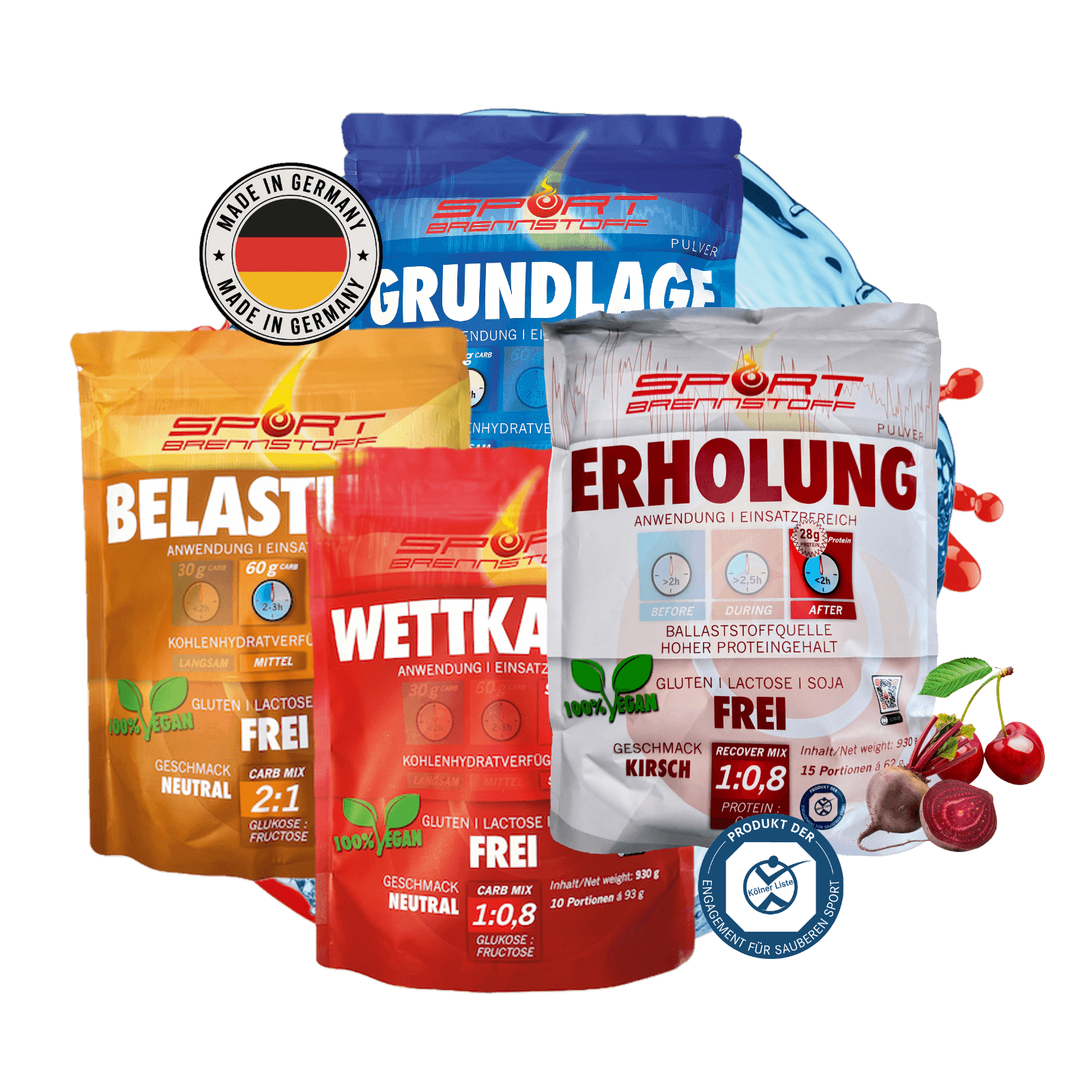
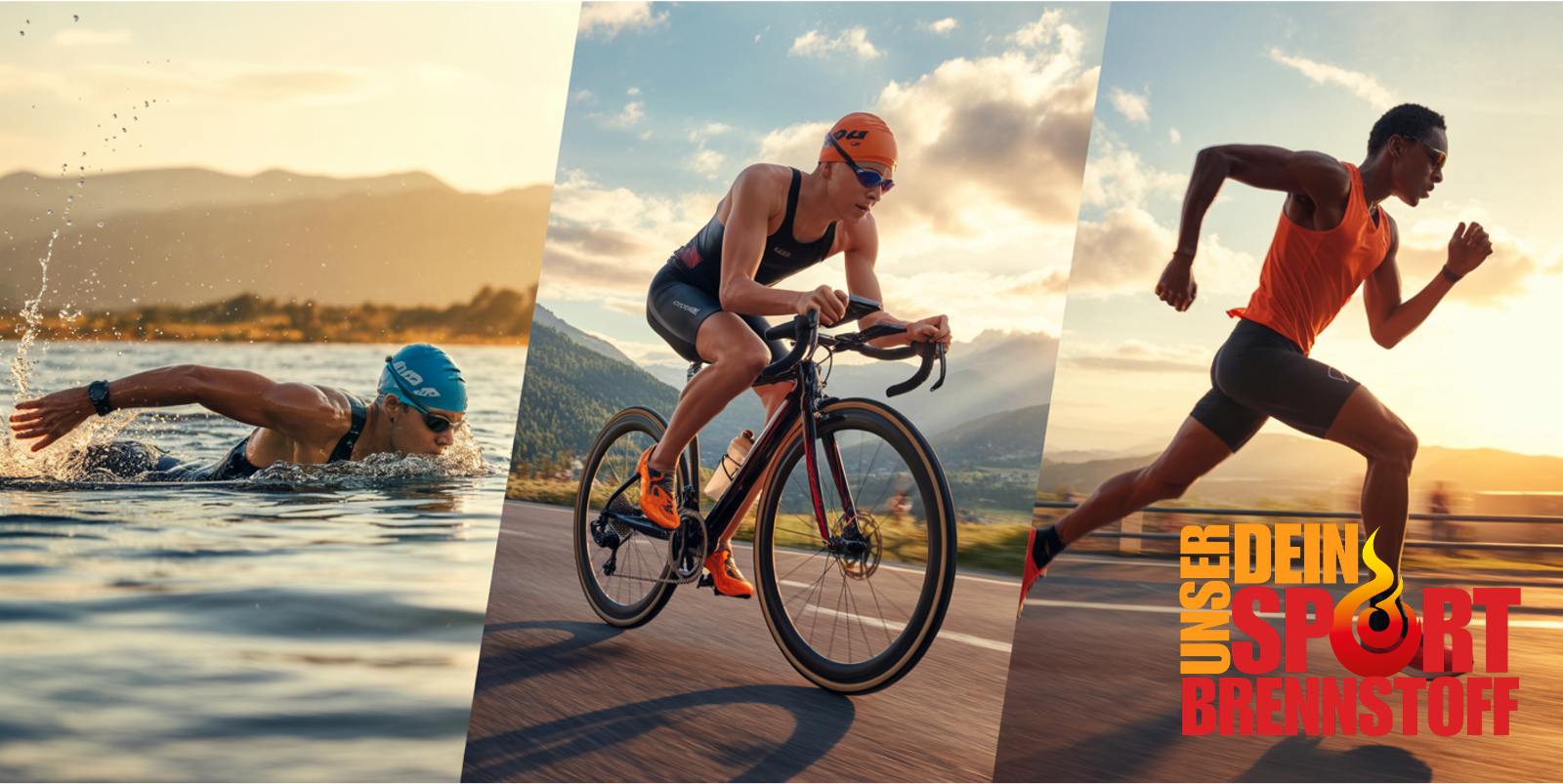
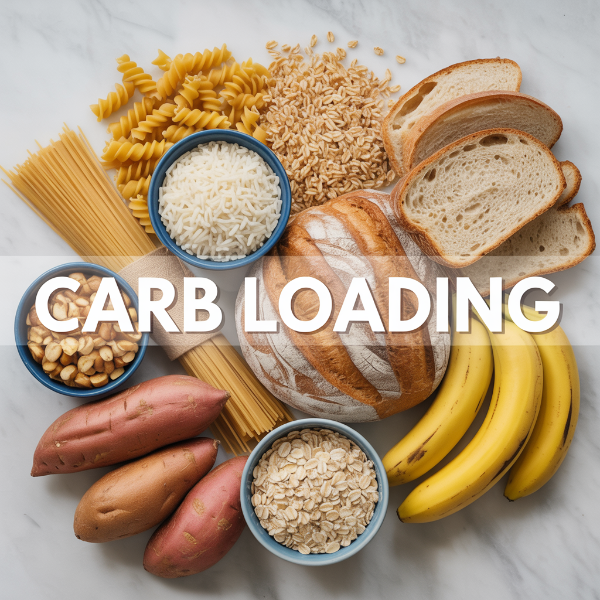
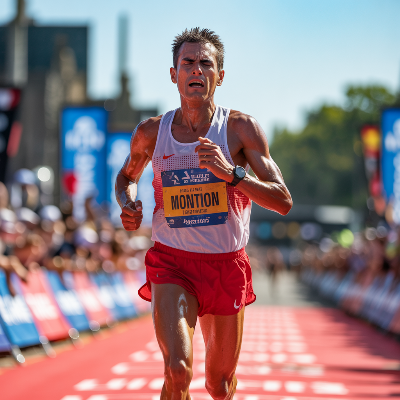
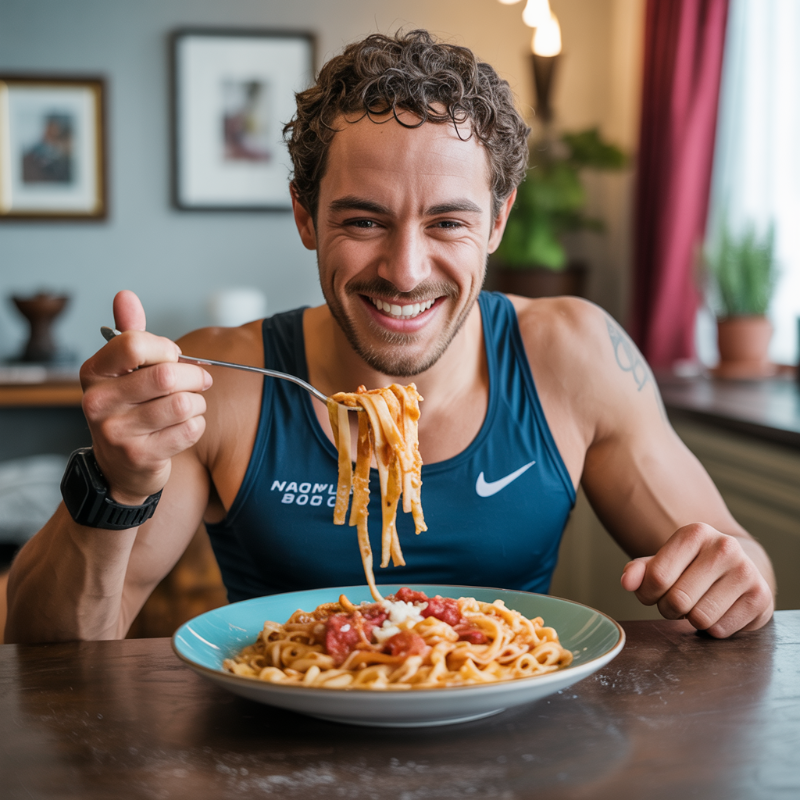
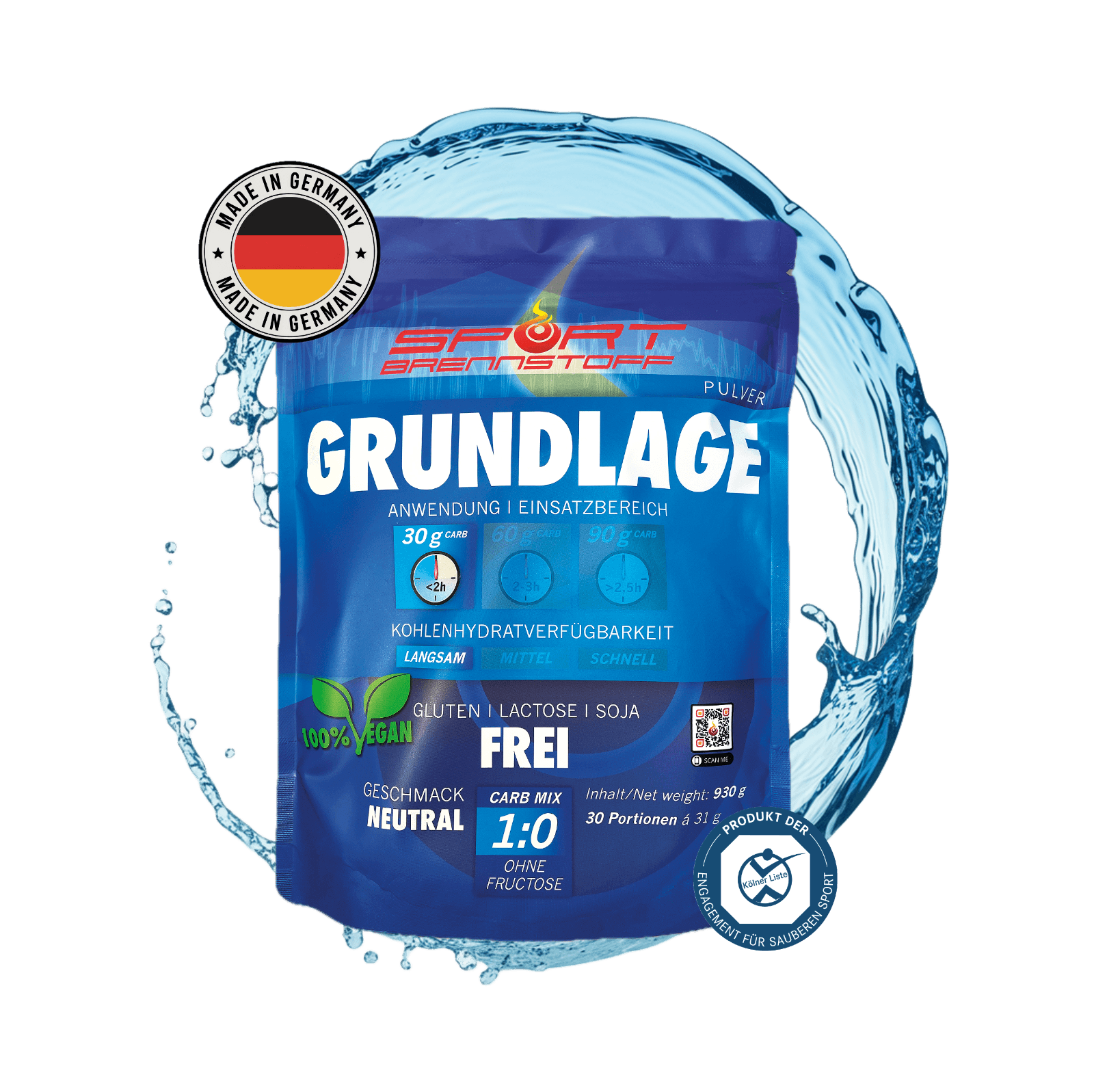

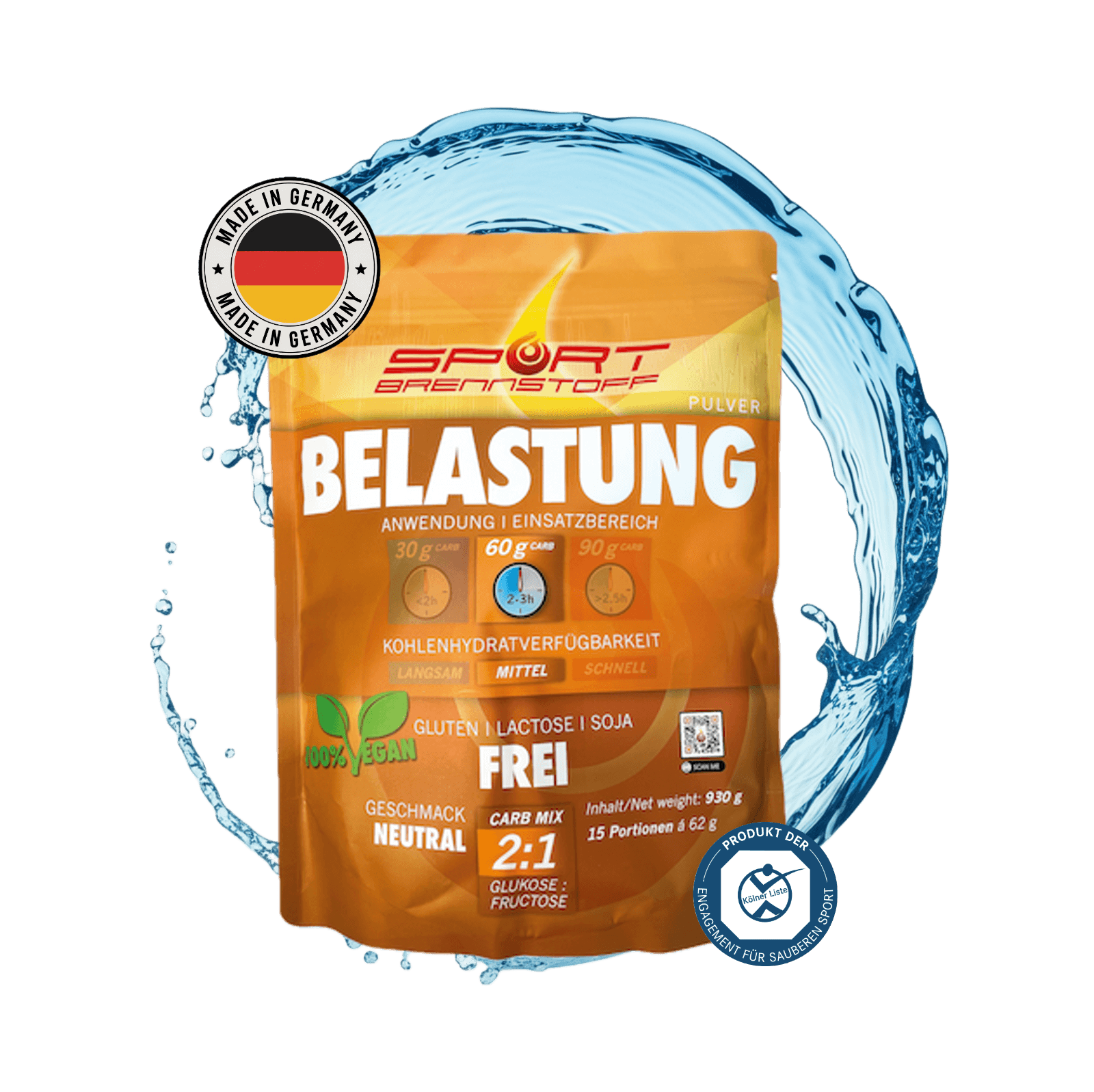

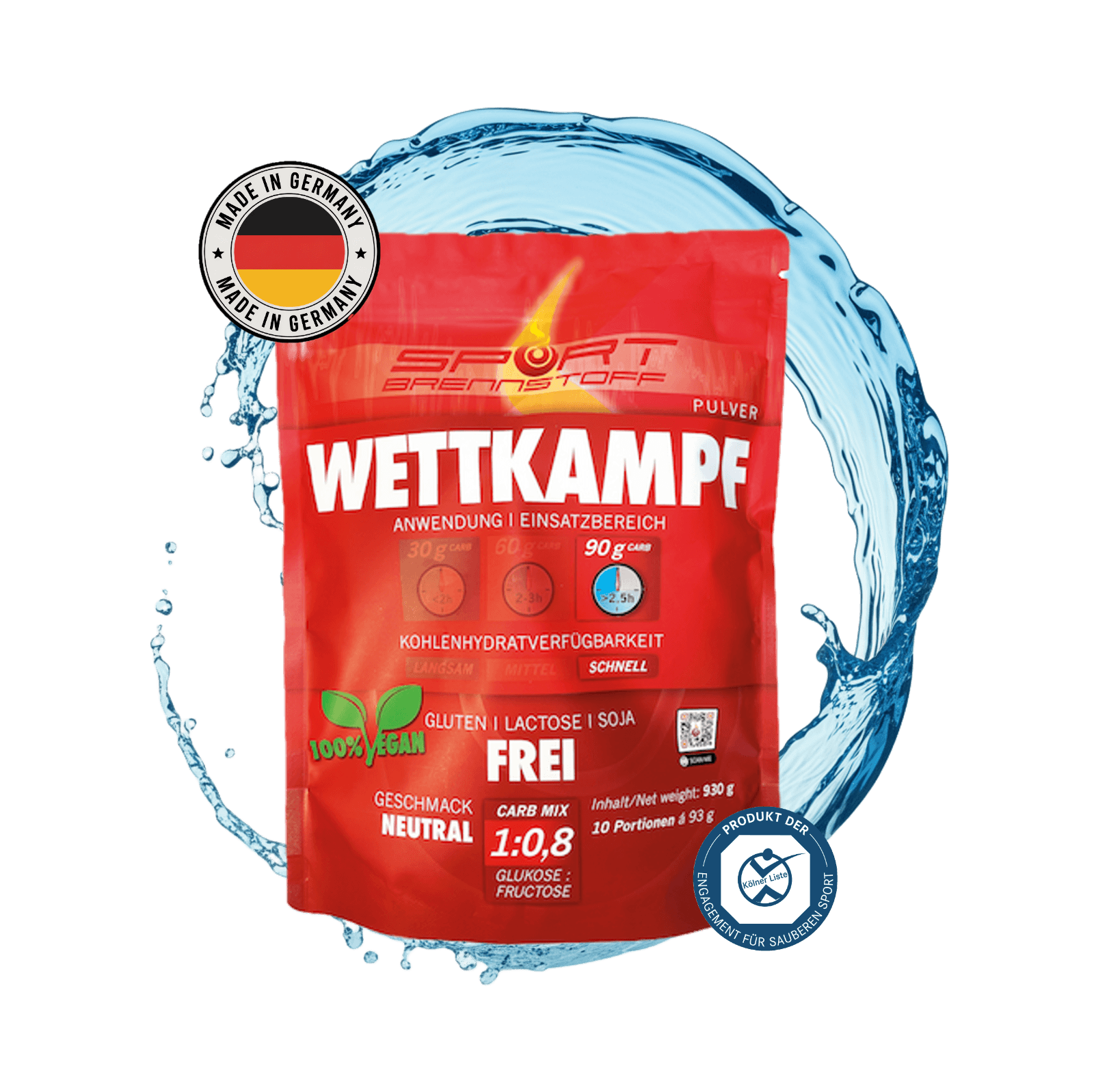

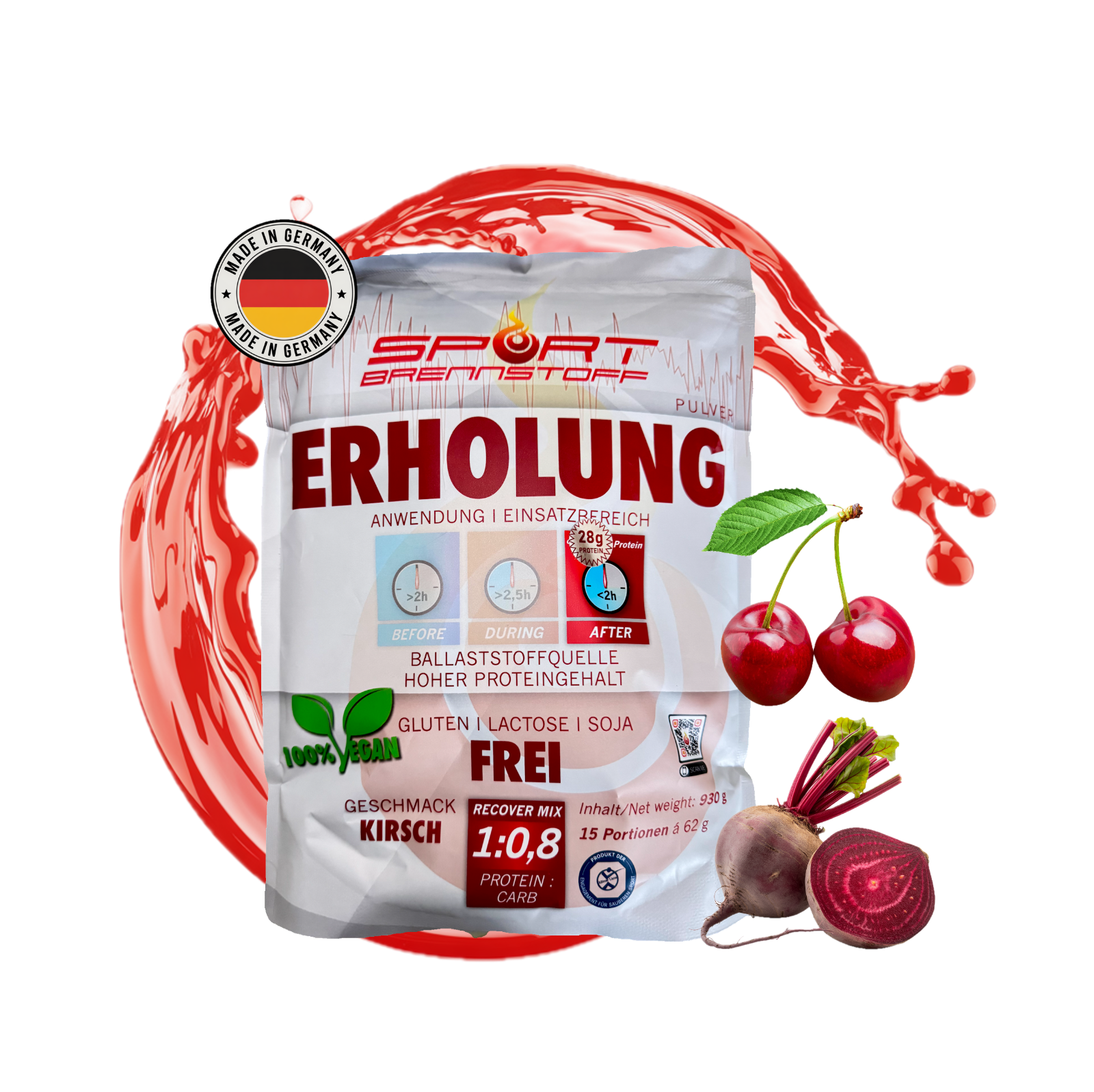






Leave a comment
All comments are moderated before being published.
This site is protected by hCaptcha and the hCaptcha Privacy Policy and Terms of Service apply.